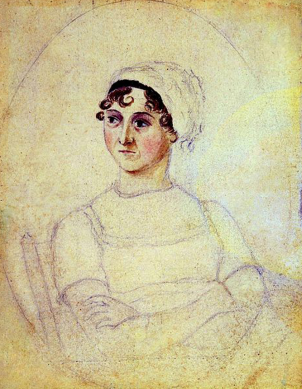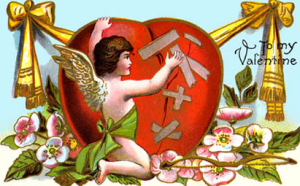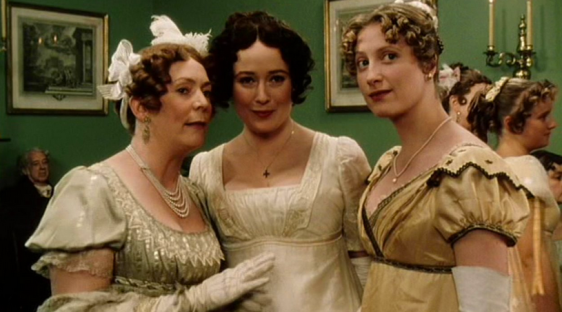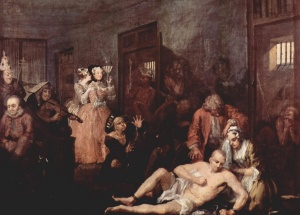Huh. Jane Austen is fed up with irrelevant criticism of her work.
You’ve probably heard someone say this – Jane Austen isn’t a great writer because she somehow managed to ignore the great events of her day like Waterloo and only wrote about domestic matters – little local problems, first-world problems, women’s stuff. Turns out she wasn’t Thackeray, and she wasn’t Dickens. Weirdly, she’s not Martin Amis, Virginia Woolf, Raymond Chandler or E L James either.
This is such a dumb criticism and here are a few reasons why people say this dumb thing :
Sexism
Clearly this is basically a sexist criticism, because it implies that a woman writing about her own concerns – the concerns of her class, of the people around of her, of her gender – is not important, not valuable, not what life’s really about.
Bad news-ist
It privileges a view of the world in which what matters are the sort of things that get reported on the news – even though by simple statistics, only a very few of these events actually affect the daily lives of any of us at one time (please don’t flame me about climate change etc -you know what I’m trying to say here). Most of us are kind of just getting on with incredibly mundane, yet to us, important activities. [NB this doesn’t ignore the great suffering of many people in the world – but this criticism of Jane Austen doesn’t usually come from a Syrian refugee or a London homeless person; it usually comes from a smart ass college student]
Historically narrow
The idea that history is (only) the history of kings, generals and wars, mass movements etc. rather than, you know, people. People including categories like poor people, or shopkeepers, or children, or musicians, people trying to live in the circumstances they’re in, people like…erm…women?
Lack of understanding of the artistic process
Artists create art (perhaps we’ll stick with literature for the moment) for all sorts of reasons, but usually it is not to present a balanced, historically accurate view of the time they’re living in. I don’t go for the whole ‘write what you know’ scenario – Tolstoy didn’t know Napoleon’s attack on Russia from personal experience for example, but War and Peace ain’t a bad book. Likewise, if you read Austen’s biographies and letters, in fact the people she was writing about led a very different life to hers – mostly up a class or two. People create art because something matters to them – it may or may not matter to you, in which case, read something else.
[on an aside, as a writer, do you get people coming up to you and saying, I’ve got this great idea, you should write it? I find that so weird. a) Why would I want to write someone else’s idea? It’s hard enough getting on with my own ideas, and I’m not in school any more; and b) why don’t they write it themselves if it’s such a great idea?]
Lack of understanding of what art is
Again, better stick with literature. People, straw men who I’m arguing with, literature is not history. Nor is it sociology, or science. An artistic object – a work of fiction – is a thing in itself, and it sets its own terms of reference. To criticise something for being itself, for not being something else, is to start from a belief that every book should somehow be all things to all men. Which is just nonsense. If you criticise Jane Austen for not including the wars etc that were going on at the time, then you’d have to criticise Dickens for mostly creating caricatures rather than flesh and blood people, you’d have to criticise Lee Child for writing about the same protagonist over and and over again. Etc etc.




